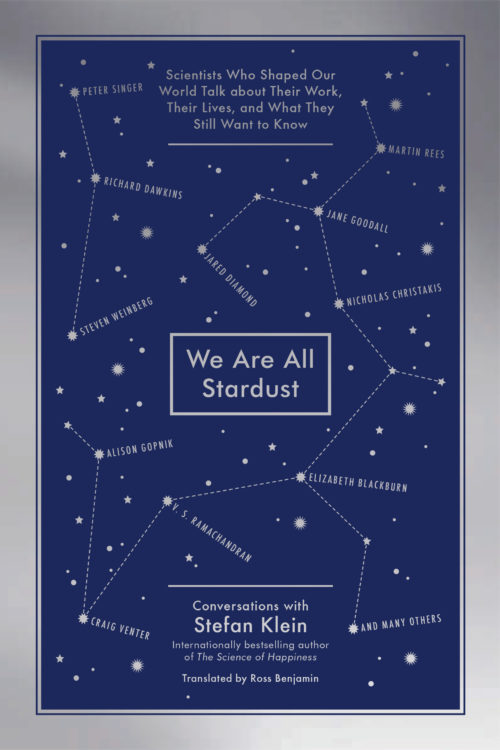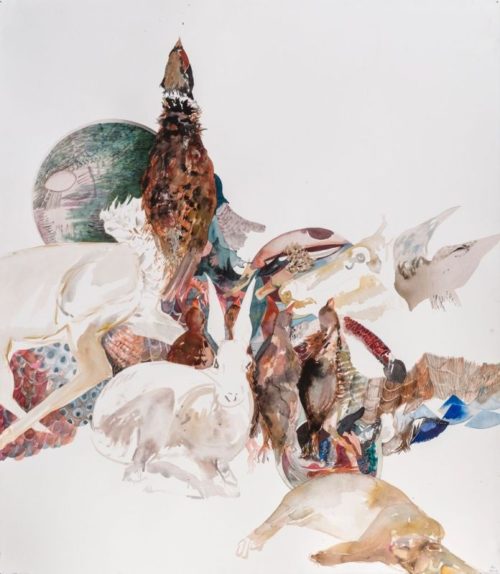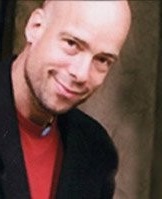Immediacy? “Nothing important comes into being overnight; even grapes or figs need time to ripen. If you say that you want a fig now, I will tell you to be patient. First, you must allow the tree to flower, then put forth fruit; then you have to wait until the fruit is ripe. So if the fruit of a fig tree is not brought to maturity instantly or in an hour, how do you expect the human mind to come to fruition, so quickly and easily?” -Epictetus
The Worm (2008) and Watershort (2008) are time-contemplative short films by Canadian sound and visual artist Jarrod Barker.
In the natural world, immediacy is rarely a concept. While it is true the Mayfly lives only for a day, it is also true that each fly is one infinitesimal link in the long succession of the species. As humans have increasingly stepped beyond the boundaries of nature, we have begun to forget the importance of waiting and patience. We live surrounded by cheap treasures gotten easily and quickly. But like the Mayfly, these spoils of instant gratification perish quickly leaving us desiring more. No longer do we answer to the rhythm of nature, preferring instead to force the world to step up to our breakneck pace. All the while we are saturated with reminders that “good things come to those who wait” but too often choose to ignore this time tested wisdom.

Stefan Klein works in Berlin. Presently he is examining the concept of waiting. To this end, he has conducted quite a lot of field research. Waiting, he says, “is something that’s so routinely existing in our daily lives but at the same time has this very existential dimension to it so that almost everybody can relate to it but at the same time it’s a very abstract topic.” Another project, titled Introduction to Microeconomics is a book documenting Klein’s repeated ordering and return of a book by the same name. In this way, he examined documentation as a vital element of a whole work. Much of Klein’s work investigates complex systems through performative means. In September, Klein will begin a series of waiting sessions with people from various disciplines. He will meet with guests at a bus stop (a place of waiting) for a conversation. His audience will be comprised of both those who came to see the performance and those who happened to be waiting for the bus. In this way, Klein will access waiting from many perspectives.

Emilie Clark is a New York City based artist who spends part of the year in New Hampshire. Much of her work is based on the work of nineteenth-century natural historians and scientists, most of them women. She also explores the literal interpretation of the word ecology (earth’s household) incorporating historical texts and working in the landscape. In New Hampshire, Clark works in a floating research station surrounded by the natural world. In New York City her experience is quite different though she has noticed similarities in plant species between the two locations. From her research station, Clark collects specimens, makes sound recordings, draws, paints, preserves, and fully immerses herself in nature. This process is rooted not only in creating but in learning.

A Few Words to Keep in your Pocket
A work of art, a career, a relationship, anything worth investing our hearts and minds in, must be given time. We must relearn to wait, to fall back in step with the world around us. For the Silo, Brainard Carey.
Brainard is currently giving free webinars on how to write a better Artist bio and statement and how to get a show in a gallery – you can register for that live webinar and ask questions live by clicking here.
